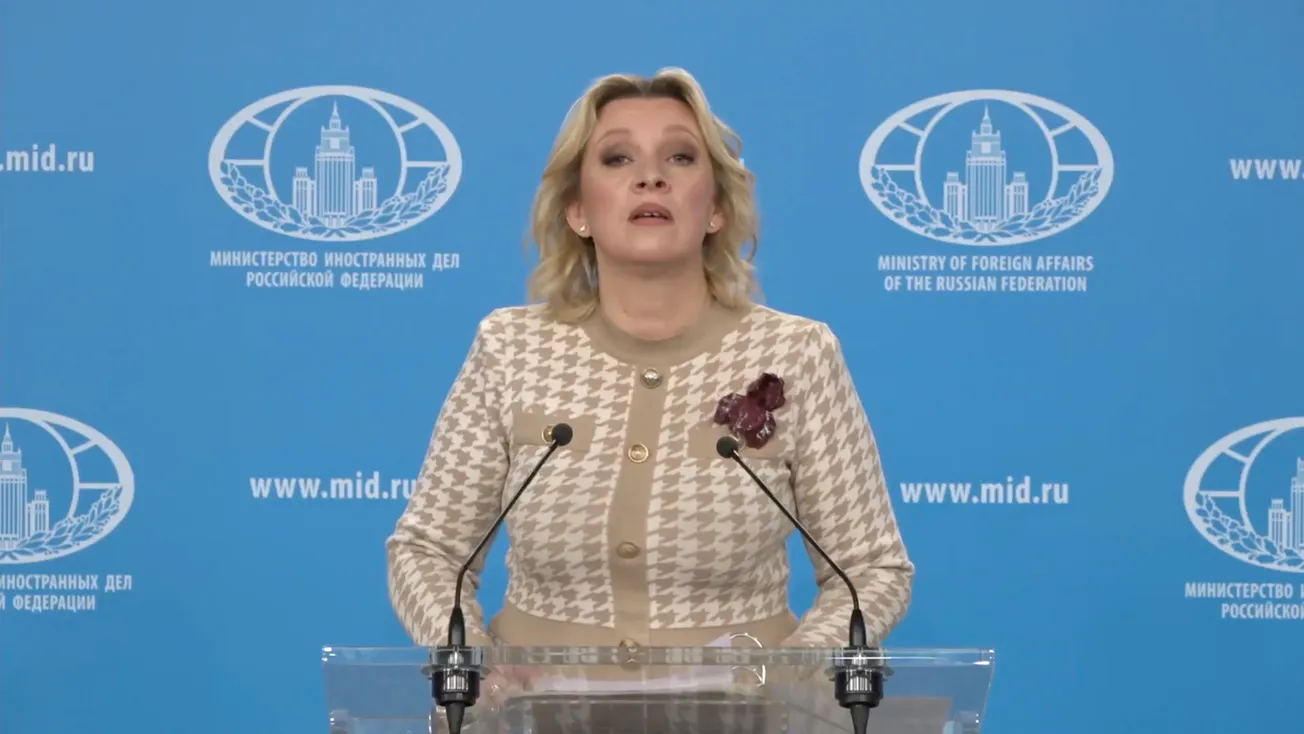Former UN weapons inspector Scott Ritter, in a commentary posted on Consortium News on Feb. 27, argues that, while NATO makes much of its Article V collective defense commitment, and the fact that it doesn’t apply to Ukraine, because Ukraine is not a member of the alliance, Article IV is another matter. Article IV provides for consultation among NATO members, and indeed, there were discussions last week under Article IV. Ritter notes that NATO members Estonia, Latvia, Lithuania, and Poland triggered the Article IV consultation following the Russian incursion into Ukraine. Afterwards, Stoltenberg issued a statement in which he said that NATO was committed to protecting and defending all its allies, including Ukraine.
Ritter makes three points about this statement. “First, by invoking Article IV, NATO was positioning itself for potential offensive military action; its previous military interventions against Serbia in 1999, Afghanistan in 2001, Iraq in 2004, and Libya in 2011, were all done under Article IV of the NATO Charter. Seen in this light, the premise that NATO is an exclusively defensive organization, committed to the promise of collective self-defense, is baseless.
“Second, while Article V (collective defense) protections only extend to actual NATO members, which Ukraine is not, Article IV allows the umbrella of NATO protection to be extended to those non-NATO members whom the alliance views as an ally, a category Stoltenberg clearly placed Ukraine in.
“Finally, Stoltenberg’s anointing of Ukraine as a NATO ally came at the same time he announced the activation and deployment of NATO’s 40,000-strong Response Force, some of which would be deployed to NATO’s eastern flank, abutting Ukraine. The activation of the Response Force is unprecedented in the history of NATO, a fact that underscores the seriousness to which a nation like Russia might attach the action.


